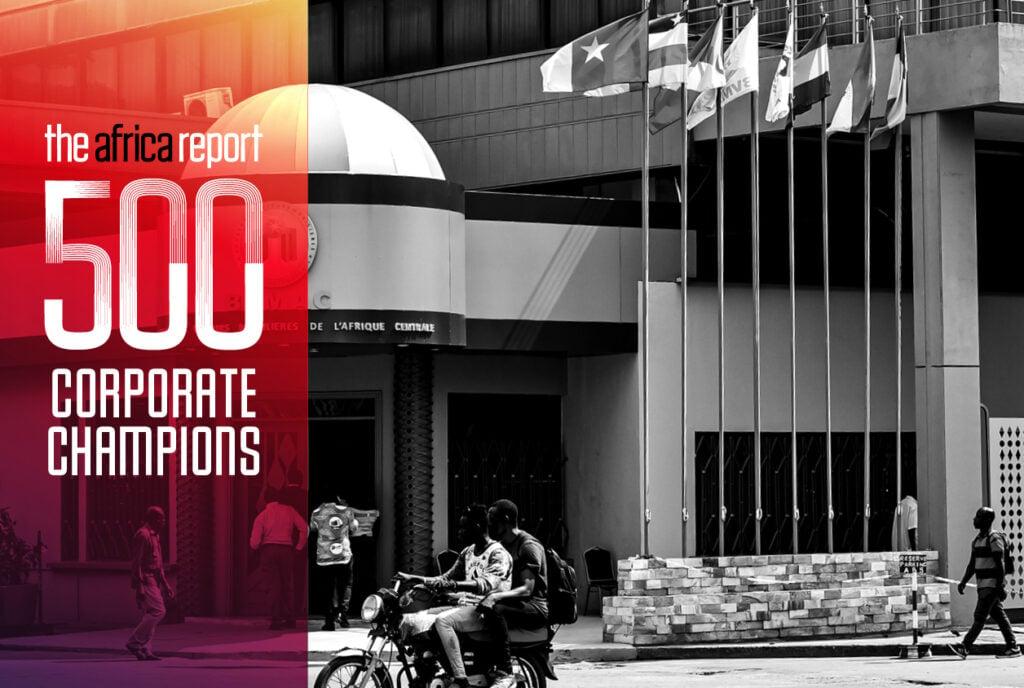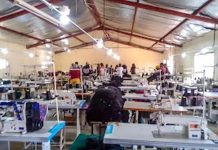Africa-Press – Lesotho. Ranking the 500 largest groups operating in Africa is a collective exercise like no other.
As tedious and methodical as it is, it requires time, patience, and sometimes even a certain spirit of conviction from our data teams. This is because not all companies operating on the continent necessarily play by the same rules.
Obviously, for all those listed on the stock exchange, the publication of accounts is mandatory and the figures are available. For the others, the collection depends essentially on not just our collective tenacity, but also the goodwill of the companies.
This is why, in these rankings, you will find the figures of Dangote Cement Nigeria, listed on the Nigerian Stock Exchange, but you will not find the consolidated figures of Dangote Group.
You will also not find those of the Mansour group, probably the largest private Egyptian player, which declares on its website $7.5bn of annual revenue but without specifying the year, nor updating this figure.
Also absent are some big names of the African private sector such as the Angolan agro-industrial group Refriango or the Cameroonian-based Nana Bouba. You will not find the accounting information of certain large national public companies such as the Algerians running Sonelgaz or the Ethiopians in charge of the Ethiopian Sugar Corporation.
These states have not been the continental leaders of corporate transparency. Equally surprising, you will not find the total revenues of TotalEnergies in Africa either, primarily focusing on country-based revenues.
What is true for the French giant is just as true for the Dutch Heineken or the Singaporean Olam, and this is without counting the Chinese players, public or private, for which we have no verifiable figures and which are therefore absent from our ranking.
There are many reasons for this secrecy. In broad terms, for the private sector that interests us here can be grouped into two main families: distrust of the tax authorities on the one hand and fear of arousing jealousy or bitterness on the other.
There are two distinct reasons for distrust of the tax authorities, but they are two sides of the same coin. On the one hand, the inclination of certain tax authorities to try to make up for the state’s cyclical deficits by arbitrarily siphoning off companies’ profits.
This is a common occurrence on the continent which incites some companies to make themselves appear very small. On the other hand, there exists a desire of certain private actors not to expose reprehensible accounting practices in broad daylight.
In both cases, these actions are the sign of a weak rule of law and a business climate undermined by mistrust. The fear of arousing jealousy or bitterness is more difficult to interpret. Fear for personal safety? Fear of being perceived as a predator? Cultural prejudice?
In any case, as far as the large international groups are concerned, it seems that if they refuse to communicate their global figures on Africa, it is to avoid giving the impression of feeding the beast of earning “too much” money on a continent where more than a quarter of the population lives below the poverty line.
It could also be the possession of an annual income greater than the GDP of several African states combined. For African family businesses, disclosing their accounts could cause dissension or resentment within the family itself, with the community of origin, or even at the national level.
Thus, the height of this lack of transparency: at the Douala Stock Exchange, only 16 companies were listed in 2022, of which only 6 complied with the regulations for listed entities (publication of accounts every quarter).
It is said that if you want to live happily, you have to live in hiding. This may be true. But this common sense, like so many others, while it can be understood at the intimate level, is counterproductive in economics.
In this field, the rule is rather the opposite. The more information that is shared and the more reliable it is, the more productive its use. The collection of reliable data and the resulting statistics is a key issue for African states and the companies that operate there.
How can we develop an effective economic policy without a minimum of exhaustive and reliable data? How can you attack a market if you do not know the number of potential consumers or the size of your future competitors? And without such figures, how can you attract potential investors?
But transparency also has other virtues: it is also the first and mandatory step towards the development of true African capital markets that are capable of financing companies in return via bond issues.
This is the first step towards a necessary sophistication, that will essentially bring increased value and stability to African economies as a whole. At its humble level, we triy each year, through this ranking and others, to give the most reliable image possible of African champions by region and by sector. We will continue to do so, and we will continue to try to make the case that this is a virtuous circle, beneficial to all.
For More News And Analysis About Lesotho Follow Africa-Press






